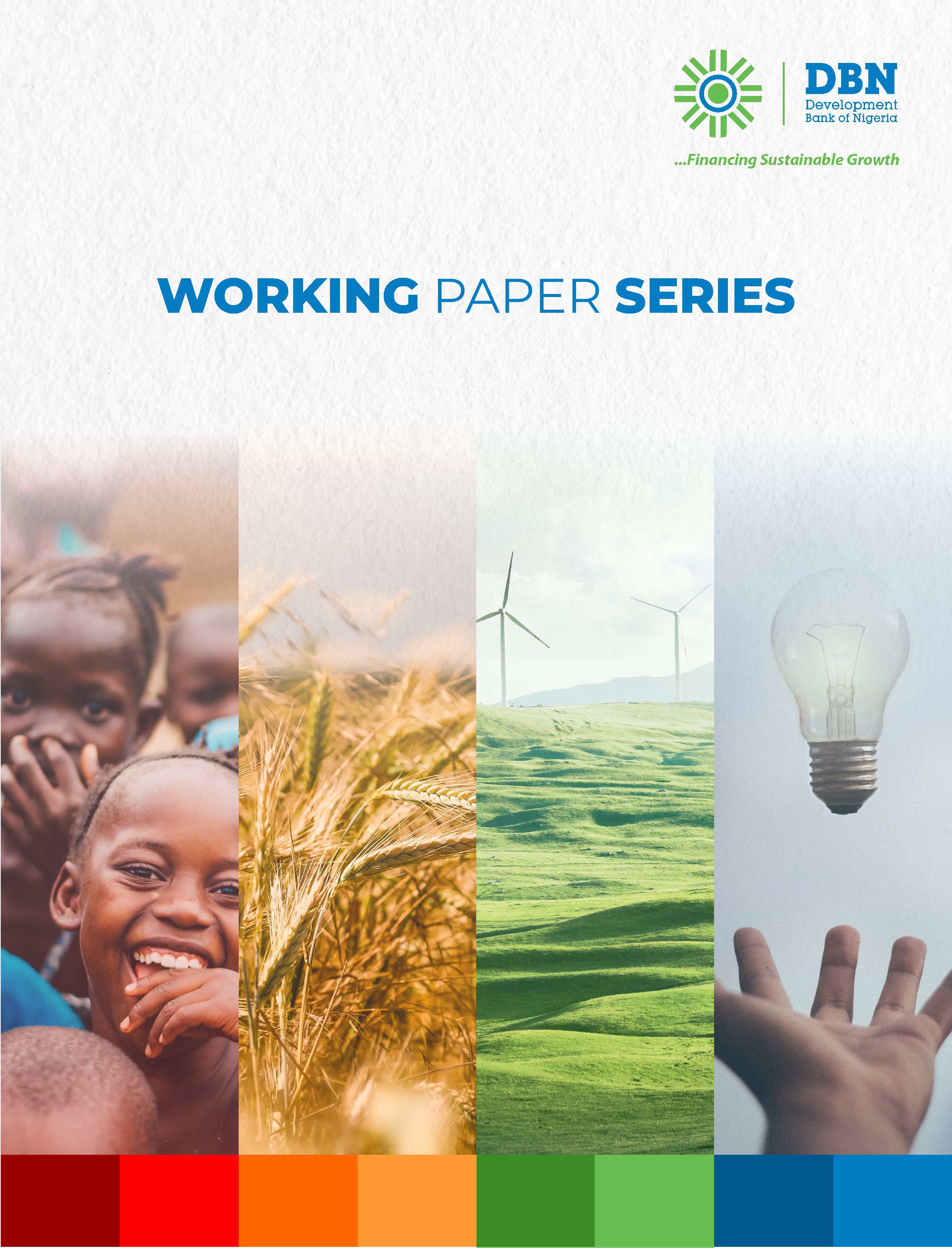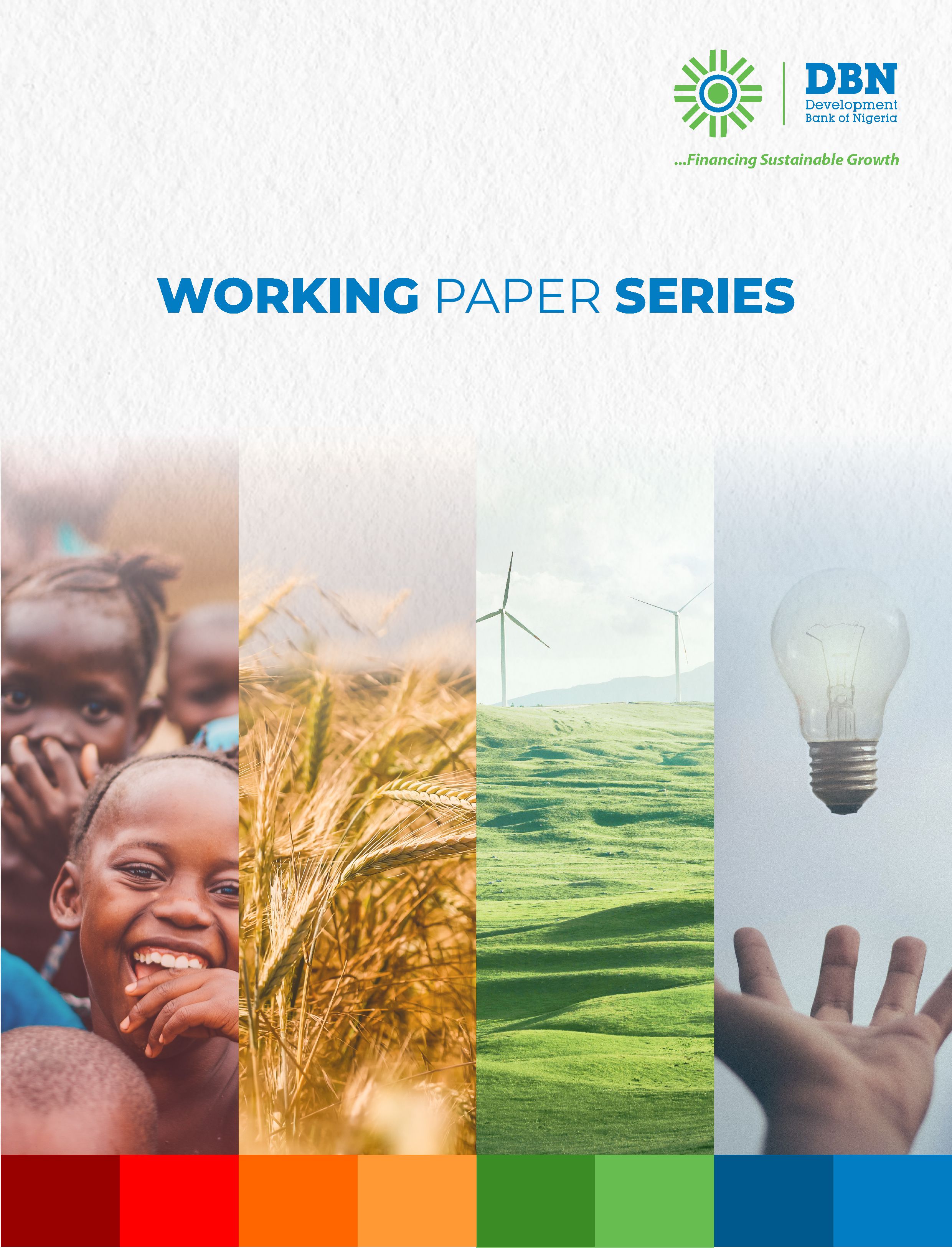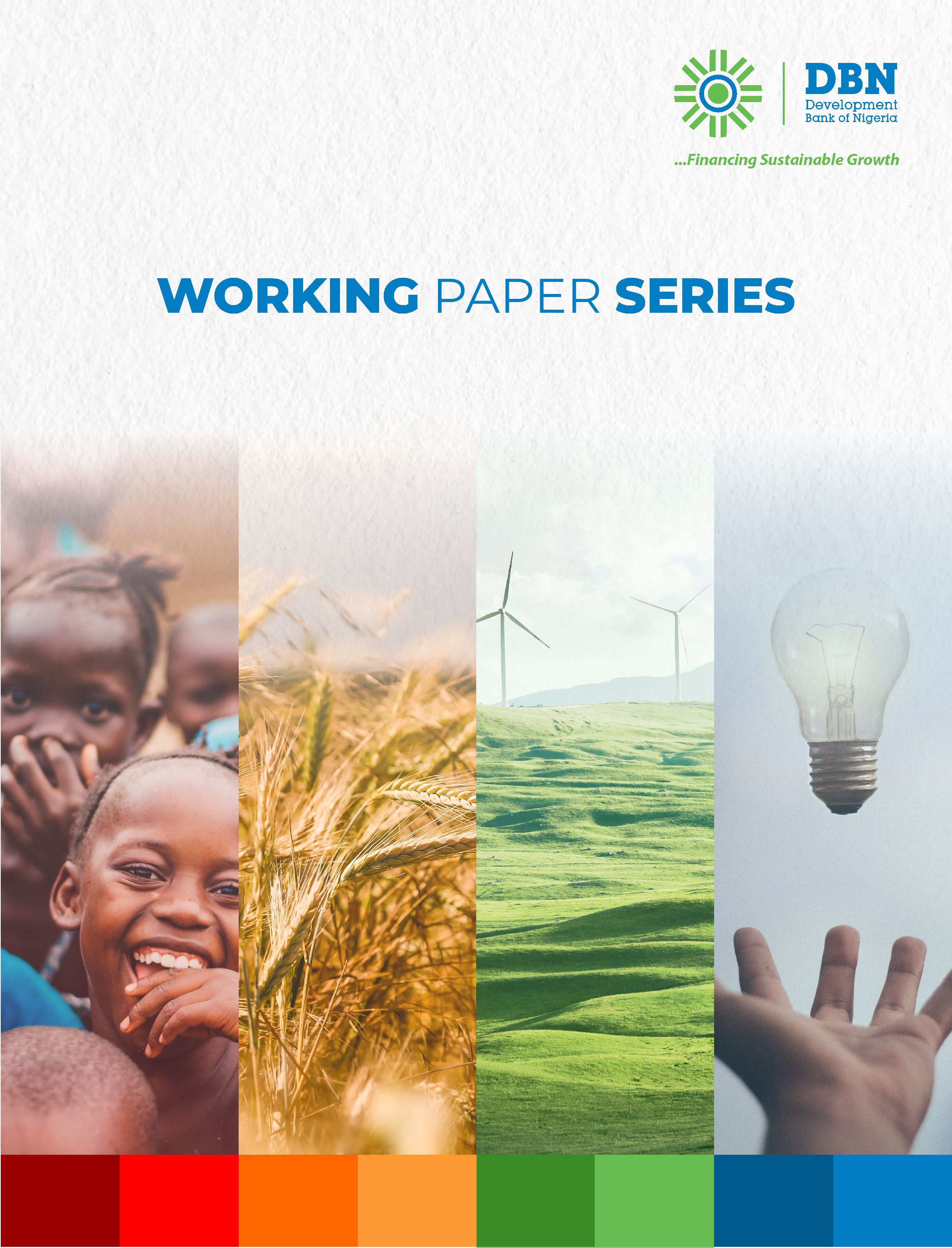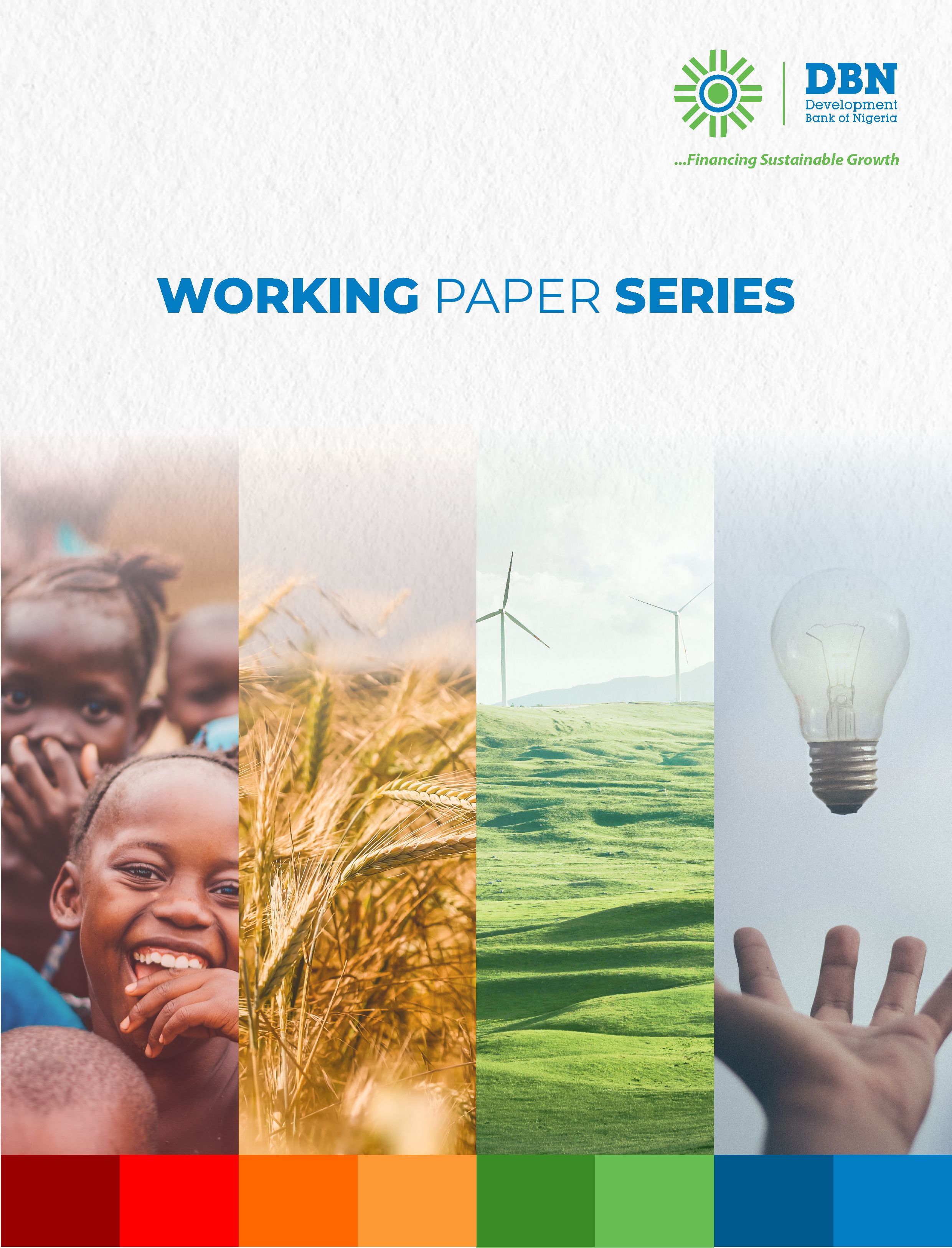
Publication Information
Published by: Admin
Published: 1 year ago
View: 202
Pages: 27
ISBN:
Abstract
The study assesses the effect of capital flight in the nexus between foreign aid and renewable energy consumption in 20 countries in Sub-Saharan Africa using data for the period 1996-2018. The empirical technique employed is interactive quantile regressions and the following findings are established. Foreign aid increases renewable energy consumption while capital flight dampens the favorable effect of foreign aid on renewable energy consumption. The underlying significance and corresponding mitigating effect are exclusively relevant to the bottom (i.e., 10 th ) quantile of the conditional distribution of renewable energy consumption. The findings are robust to simultaneity and the unobserved heterogeneity. Policy implications are discussed.
Simplice A. Asongu Prof
Joel Hinaunye Eita
Related Publications

VOLUME 7 ISSUE 2 2024
Female unemployment and the procedure that a woman has to go through to start a business: microfinance policy thresholds

VOLUME 7 ISSUE 2 2024
Sustainable urbanization and vulnerability to climate change in Africa: Accounting for digitalization and institutional quality

VOLUME 7 ISSUE 2 2024
Foreign direct investment and Renewable energy development in sub-Saharan Africa: Does governance quality matter?
